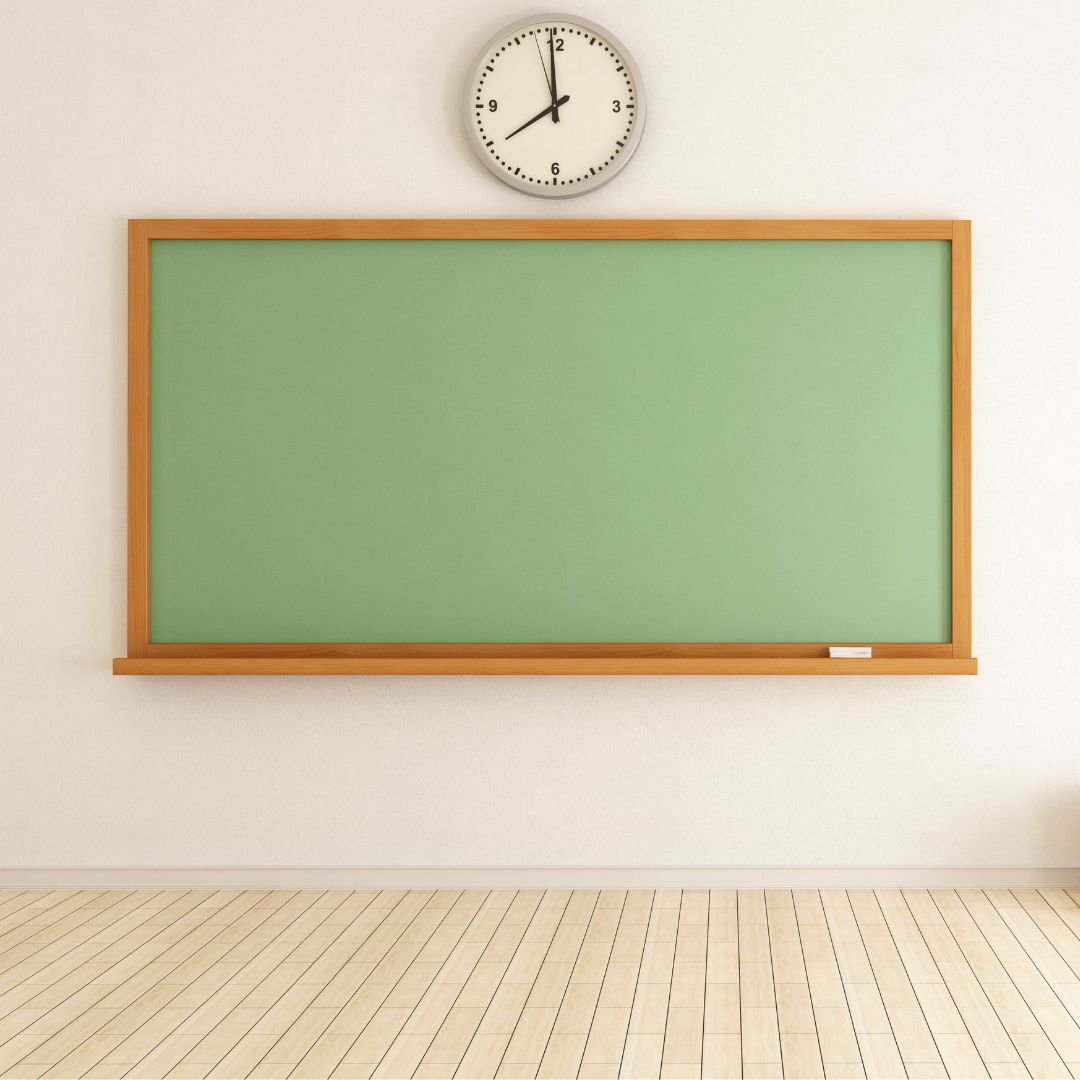Listen on…
SUMMARY
We can hear ourselves now trying to yell upstairs or get our kids attention over the TV or tablet. We are all guilty of the “drive-by directions” trap when we want our kids to listen. None of these seem to work, and we just get louder and louder. Our tone gets angrier and angrier. Obvious ending? It doesn’t work. Getting kids to listen is tough; getting kids with ADHD to listen is even more challenging. Remember, your kids want to do well, so they aren’t playing a game of who can make mom the most mad. Their unique wiring requires a different communication strategy to get cooperation. In this episode, we share four tips to get your child with ADHD to listen without yelling.
These take practice, but we know as you incorporate them into your home, you will notice a more calm environment!
MEET OUR TEAM
We are Lori, Mallory, and Katie. Lori and Mallory are child psychologists, and Katie is a speech language pathologist. Most importantly, we are moms, just like you. After working with families over a combined total of 40 years, we saw a need to provide ongoing support and education to parents raising children with ADHD.
LINKS + RESOURCES
Free ADHD Parenting Guide- 6 Keys
The Childhood Collective YouTube *Closed Captioning Available
The Childhood Collective Instagram
Have a question or want to share some thoughts? Shoot us an email at hello@thechildhoodcollective.com









+ show Comments
- Hide Comments
add a comment